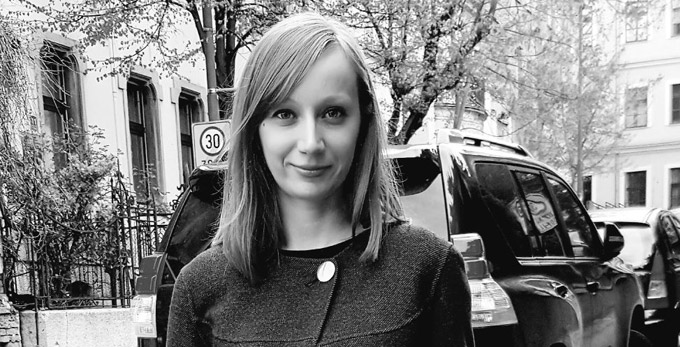”The President of Serbia, Aleksandar Vučić, stated during his visit to Croatia that Croats and Serbs do not have conflicting interests regarding the future and suggested a six-month moratorium on discussions regarding topics from the past”. (N1 about the Globus interview, February 6, 2018). The President of Serbia also mentioned the moment of epiphany he had in New York regarding Jasenovac, ‘traumatic topics’ and ‘sensitive topics’. According to him, abstaining from discussions opens up a path towards a dialogue, which is indispensable for the relations between these two countries. As an experiment, presumably, he is suggesting six months of silence about the past (and if we have to speak about it, let us ”try to listen to one another and to lower the tone every time – both sides”).
There is something about this change in rhetoric that makes you ask yourself: How does one raise the awareness of political elites that allow themselves to ask us to keep silent about the past? Or wish to at least influence the way in which the past is discussed? One has to raise the issue of their motive, their intention and what is expected to be said (appropriate for a certain occasion and above all politically correct). On a different note, would all warring parties (as Vučić says: that fought against one another both 23 and 70 years ago) be willing to stop talking (and even less discuss) sensitive topics and dates for six months?
To what extent is the identity component present in the conflict, loss and pain of citizens from all parties and countries in order for them to keep quiet for, let us say, six months for the purpose of political correctness? Is there something like ‘productive oblivion’ (how, about what, from whom and for whom)? I am afraid that a moratorium means defeat – renouncing facing the past, critical culture of remembrance, elimination of the need for negative remembrance, facing the traumas, which these post-conflict societies need. Keeping quiet about the past is not the only chance for dialogue.
On the contrary, one has to face the past instead of sweeping it under the rug. Dialogue means discussion. Participants are essential for a discussion. Participants are not plastic goals or rhetoric that are above the daily life. There is no dialogue in this region based on the ‘the deal is off’ concept according to which what happened no longer matters. One of the goals of the Strategy for the Western Balkans (February 6, 2018) is maintaining good neighbourly relations and resolving bilateral disputes, which includes support to transitional justice.
”The Western Balkans is part of Europe – we share the same history, same geography, the same cultural heritage and the same possibilities and challenges today and in the future”, said Federica Mogherini, the High Representative of the Union for Foreign Affairs and Security Policy. True, but how many histories (interpretations) might be up for discussion here? Or rather – not be up for discussion over a period of six months?
At the same time, TripAdvisor marked the Hotel Vilina vlas in Višegrad as a crime scene. ”And though the mattresses may have been changed, and the walls repainted, the bed frames that tourists sleep on today are the same ones on which dozens of women were attacked. The lobby is floored with the same stone that had to be hosed clean of blood, and visitors using the swimming pool splash around in what was a killing ground”. (The Guardian, January 28, 2018). Vilina vlas is a hotel today. Its management has chosen to keep silent about these events 22 years ago. Can we see this as an example of a ‘better future’ and an ‘opportunity for dialogue’?




